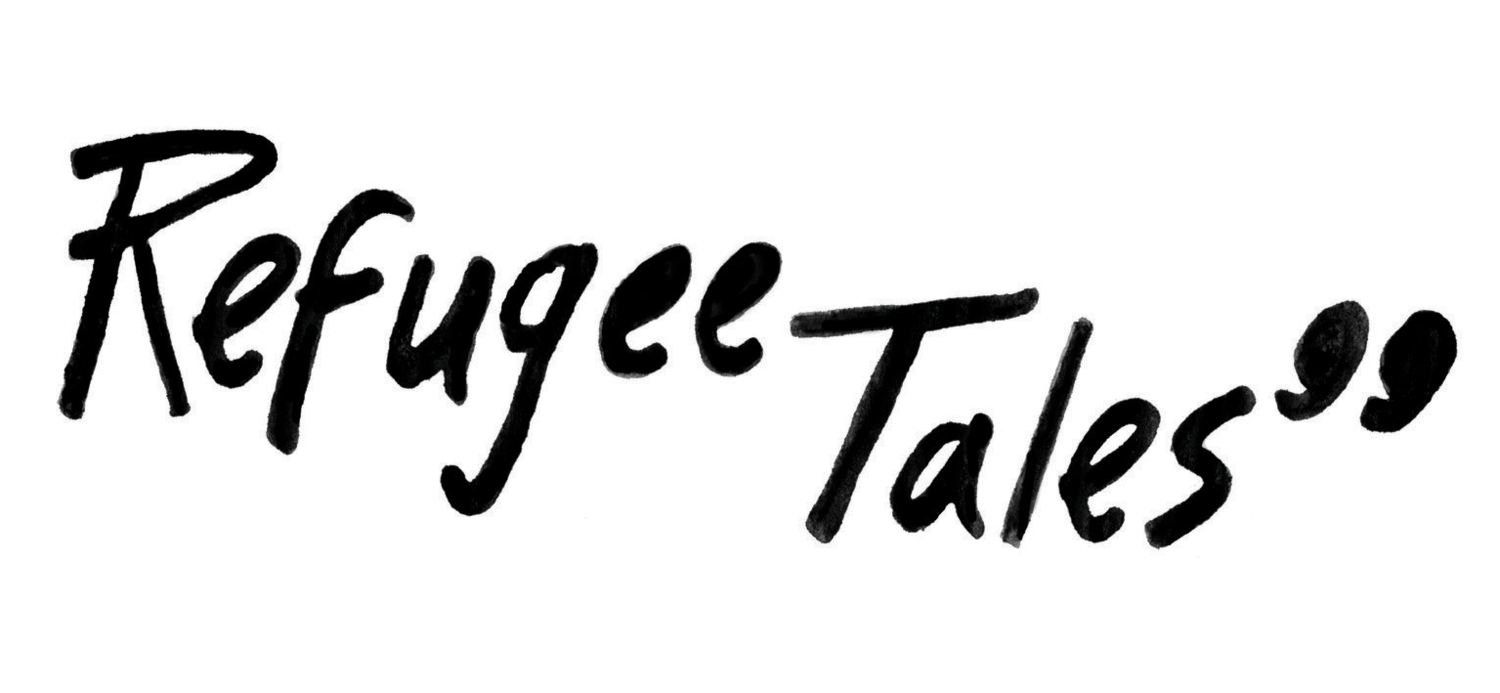What I didn’t say … about how people are detained
I recently made a short film for the Walking Inquiry – and I had a lot to say. It was hard to make the film short and pithy as the detention system is a sprawling, global, monster.
I could have said a lot more about the numbers of people detained and how, at the moment, partly due to Covid-19 and partly due to the success of campaigns such as Refugee Tales, fewer people are detained than a few years ago. Detainees are also less likely to be held for the really long periods of time we used to see. Detention is now more likely to be measured in months rather than years, but it is still ‘indefinite’. Every day is just one of a potentially long stretch in a prison where you could be held for weeks, months or years.
The second thing I forgot to mention – is that the UK detention system is attractive to profit-making companies in no small part because of the labour of the detainees themselves.
Forbidden from working on the outside, detainees can work on the inside – and for extremely low wages, sometimes for as little as £1 an hour. Work in prisons and detention centres is not covered by minimum wage legislation because – and I hope you are sitting down for this one – work in detention is not ‘work’ but a privilege. The Detention Rules state “All detained persons shall be provided with an opportunity to participate in activities to meet, as far as possible, their recreational and intellectual needs and the relief of boredom.”* Work is about the only activity open to detainees as classes and other educational opportunities were only ever available (pre-Covid) to a limited extent. In the privatised detention system, I leave it to you to draw your own conclusions about who gains most from the work of detainees cleaning throughout the centres and labouring in the kitchens. Is ‘work’ an important way of giving detained people a purpose and a little pocket money or a way of reducing overheads and increasing profit?
Work in the detention centres is also a way of punishing and controlling detainees. As a ‘privilege’, the right to work can be removed as a friend of mine detained in Tinsley House found out when he lost his work in the kitchen after refusing to board a deportation flight. He deeply resented working long hours for a pittance but without it, he was left with nothing to do but sit in his cell and contemplate his impending forced return.
—Lucy Williams
*Detention Centre Rules 2001 Provision 17 https://www.legislation.gov.uk/uksi/2001/238/article/17/made
